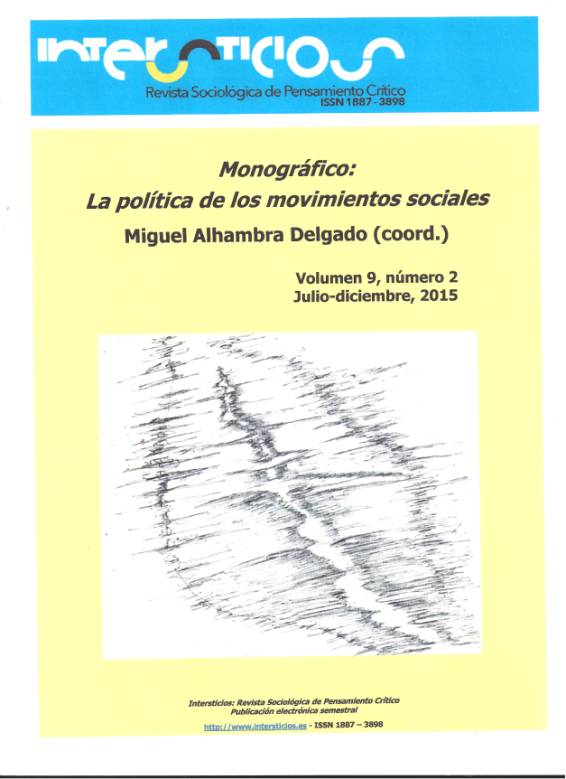Redes e intercambio de capitales en condiciones de pobreza: dimensión relacional y dimensión vincular
Palabras clave:
redes, capital social, estrategias de reproducción, dimensión relacional, dimensión vincular / networks, social capital, reproduction strategies, relational dimension, bonding dimensionResumen
Este trabajo refiere al estudio de las redes sociales implicadas en las estrategias de reproducción social de familias pobres, implicando tanto discusiones teóricas como análisis empíricos. En primer lugar, explicitaré los conceptos de red y de capital social que utilizo en mis investigaciones, haciendo hincapié en el modo como se insertan en una problemática más amplia: la de las estrategias de reproducción social en la pobreza, en el marco de un análisis estructural. En segundo lugar, mencionaré distintos tipos de redes construidas empíricamente, que permiten visualizar diferentes intercambios de capitales. Presento aquí el análisis concreto de una de ellas, que articula a un grupo de familias resi-dentes en un barrio pobre cordobés con otros agentes (un grupo de militantes Montoneros) que ocupan otras posicio-nes en el espacio social. Finalmente, propongo una doble dimensión analítica para dar cuenta de las redes sociales: una dimensión relacional que permite observar las condiciones materiales y simbólicas, externas e incorporadas, que las hacen posible, y otra vincular, que permite abordar concretamente la frecuencia e intensidad de las interacciones y los tipos de bienes y servicios que circulan en ellas. Title:Networks and Exchange of capitals in conditions of poverty: relational dimension and bonding dimension. Abstract: This paper refers to the study of the social networks involved in the strategies of social reproduction of poor families, in the view of theoretical discussions as well as empirical analysis. In the first place I explain the concept of network and social capital that I utilize in my investigations, emphasizing the way in which they insert themselves within a wider problematic: that of the strategies of social reproduction in poverty, within the framework of a structural analysis. In the second place, I mention the different types of networks built empirically, that allow visualizing distinct interchanges of capitals. Here I present a concrete analysis of one of them that articulates a group of families living in a poor neighborhood of Cordoba with other agents (a group of militants of Montoneros) that occupy another position in the social space. Finally, I propose a double analytical dimension to study the social networks: a relational dimension that allows to observe the material and symbolic conditions, outsiders and incorporated, that make them possible and another one, a bonding condition, that permits to attack concretely the frequency and intensity of interactions and the types of goods and services that circulate among them.Descargas
Publicado
2015-07-27
Número
Sección
MONOGRÁFICO
Licencia
Los/as autores/as mantienen el @copyright, concediendo a la revista el derecho de primera publicación.








